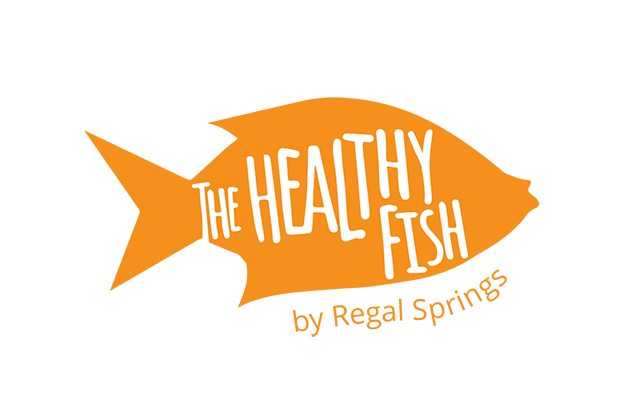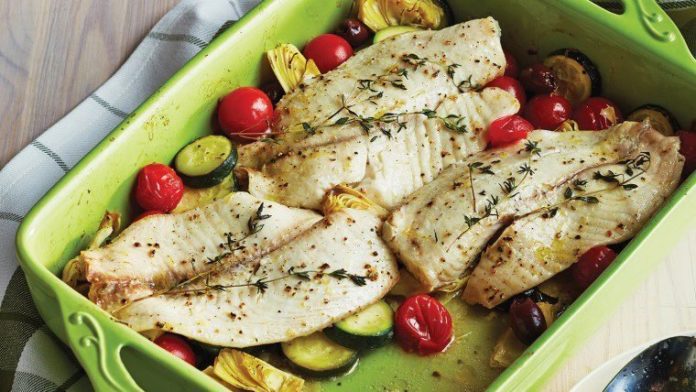The word “diet” has negative connotations in some circles. When many of us hear it, we automatically think of weight loss schemes, calorie counting and vendettas against carbs. However, the Mediterranean diet has nothing to do with this traditional diet philosophy, and you can rest assured there isn’t a crazy cleanse or weird food fad in sight. Instead, the Mediterranean diet should be considered more of a healthy lifestyle choice—this way of eating has long been hailed as one of the world’s healthiest options.
The Mediterranean diet is centered around those foods that people in the Mediterranean region traditionally eat. The diet advocates for whole grains, healthy fats, fresh produce and lean proteins, and eliminates most processed foods. Research has suggested that the diet can help prevent heart attacks, strokes, type 2 diabetes and premature death, yet it’s also well-known for being fresh, satiating and downright delicious—did we mention followers are allowed to indulge in red wine?
If you’re interested in sampling this diet, be sure to use this guide as your go-to resource for what you should eat more of, and what you should leave on the grocery store shelves.
Foods to Eat

The Mediterranean diet is highly compatible with the pescetarian diet, as it recommends eating fish and seafood at least twice a week, while limiting the consumption of poultry and red meat. The majority of your diet should be made up of fresh fruits and vegetables, as well as legumes, whole grains, nuts and seeds. Dairy is also a staple of the diet, with cheese and Greek yogurt particularly encouraged, along with eggs (responsibly sourced of course!). Furthermore, the Mediterranean diet features a lot of good healthy fats, including avocado and olives—be sure to switch up your oil so that you are only using extra virgin olive oil, a core ingredient in Mediterranean cooking.
Foods to Avoid
To put it simply, avoid all unnatural foods. This means sugar-sweetened beverages, refined grains like white bread, trans fats like those found in margarine, refined oils, processed meats and anything with added sugar, like candy and ice cream. As a general rule of thumb, if it comes from a package labeled “diet” or “low-fat”, or has an ingredients list a mile long, it’s best to avoid it. Try to consume foods that mostly come from the ground or are packaged with labels displaying whole food ingredients that are easy to read—if you can’t pronounce it, don’t eat it.
The Mediterranean Food Pyramid

We’ve all been familiar with the standard food pyramid since elementary school; however, the Mediterranean food pyramid tweaks this tried and true structure in a unique way. Right at the base, you’ll find an emphasis on physical activity and social interaction. While this may seem a little odd at first, what it does is highlight that this diet is not simply about what you eat—it’s about building a healthier lifestyle.
So, instead of settling down in front of the TV to mindlessly chow down on dinner, gather your friends and family around the dining table so you can eat slowly and savor good conversation. Not only will this help you to better connect with your loved ones, but it will ensure you become more mindful of what you are eating and therefore be better able to determine when you are full. Food is meant to be enjoyed, after all, and the Mediterranean diet is all about enjoying a delicious meal that is also kind to your waistline.
Embrace the Mediterranean diet by trying these four fish recipes, or view or Mediterranean meal plan for more inspiration.






